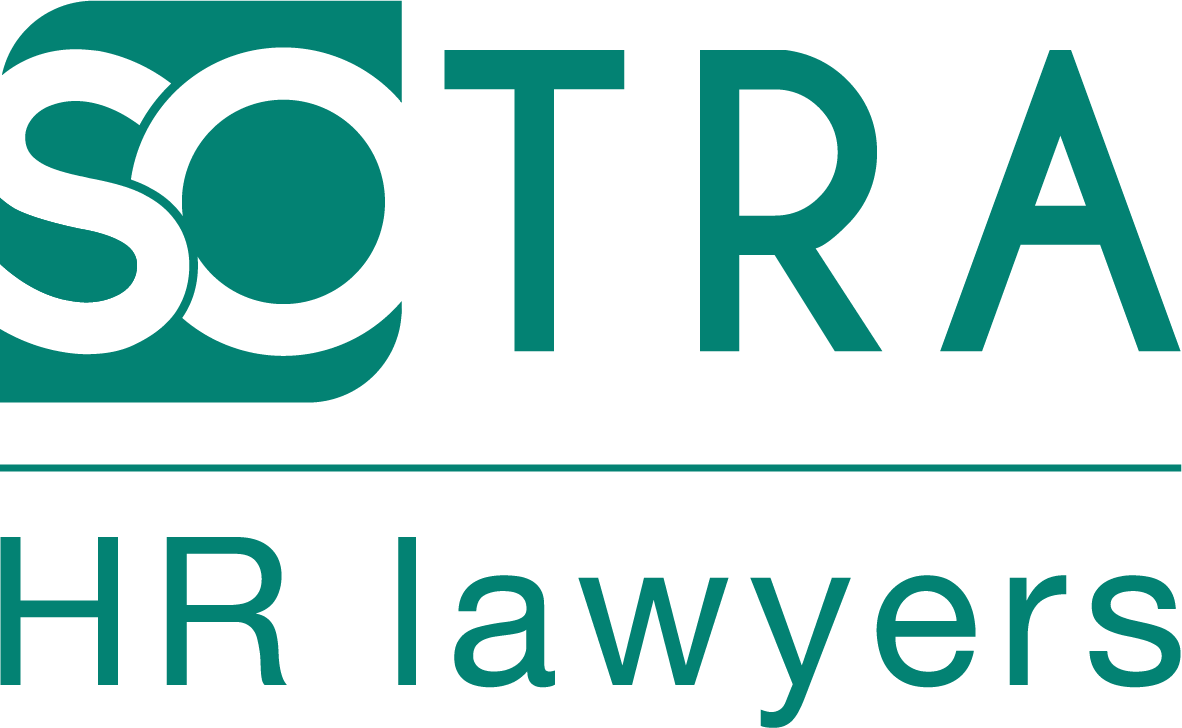
Flanders takes new measures to tackle illegal employment through international subcontracting
Employers need to check a number of documents before working with subcontractors occupying foreign workers.

To tackle illegal employment, companies working with subcontractors in the Flemish Region must now request certain documents in advance concerning employed or self-employed third-country nationals.
Employers that do not properly fulfill their obligations in this respect, can be exposed to criminal sanctions.
Companies can be held accountable when working with a subcontractor that employs illegal workers. The sanctions for such infringements can be six months to three years in prison and fines between EUR 4,800 and EUR 56,000, multiplied by the number of workers concerned.
The company can avoid liability if it has a written statement from its direct subcontractor confirming that no illegal workers are or will be employed.
As of 1 January 2025, the Flemish Region will tighten up the conditions for benefiting from this exemption by adding several specific conditions.
Main new features
The Flemish Region extends the scope of the penalty to companies or intermediaries who employ a self-employed subcontractor who is living or working illegally in Belgium.
The company must be careful when choosing its direct subcontractor to avoid liability.
The Flemish Government has listed a number of documents that has to be requested in two different types of situations:
1. Posted employees or self-employed persons who, although from outside Europe, are employed in the EEA and are working temporarily in Belgium.
Documents required for this category are:
- A valid passport/similar travel document of the subcontractor and any third-country nationals employed by the subcontractor;
- A proof of the permission to work in Belgium or a Belgian residence permit valid for more than three months in the Member State of the EEA or Switzerland in which the third-country nationals reside;
- A LIMOSA certificate, if applicable;
- The A1 certificate of the applicable social security or the receipt of the application.
2. Employees or self-employed persons based in Belgium, for whom a permit to work or a self-employed person's professional card is required, or whose professional activity is based entirely in Belgium.
Documents required for this category are:
- A valid passport/similar travel document;
- A proof of legal residence;
- A proof of the permission to work (for employees) or a valid Belgian professional card (for self-employed persons);
- A proof of immediate declaration of occupation (DIMONA), if applicable.
The company (and the intermediary if applicable) shall ensure that these data are available on the app developed by the Flemish Government.
This app is expected to be operational by 1 January 2025.
If the company finds that this data does not exist, or if the application does not allow it to verify its existence, it must request the data from its subcontractor. If the subcontractor fails to provide it, the company must immediately inform the Social Inspectorate.
To remember?
In addition to the subcontractor's prior declaration, the company is obliged to collect certain documents which make it possible to verify the legality of the employment of each third-country worker or self-employed person employed by a subcontractor in the Flemish Region. If the subcontractor fails to provide this information, the contractor is obliged to inform the social inspectors immediately.
Sources:
Flemish Government Decree of 26 April 2024 amending the Flemish Government Decree of 7 December 2018 implementing the Act of 30 April 1999 on the employment of foreign workers, with regard to the data to be entered in the event of subcontracting;
Flemish Regional Decree of 27 October 2023 amending the Act of 30 April 1999 on the employment of foreign workers, the Decree of 30 April 2004 on the monitoring of social legislation, the Decree of 22 December 2017 on a premium to stimulate the transition of jobseekers to entrepreneurship and the Decree of 10 December 2010 on private placement.
